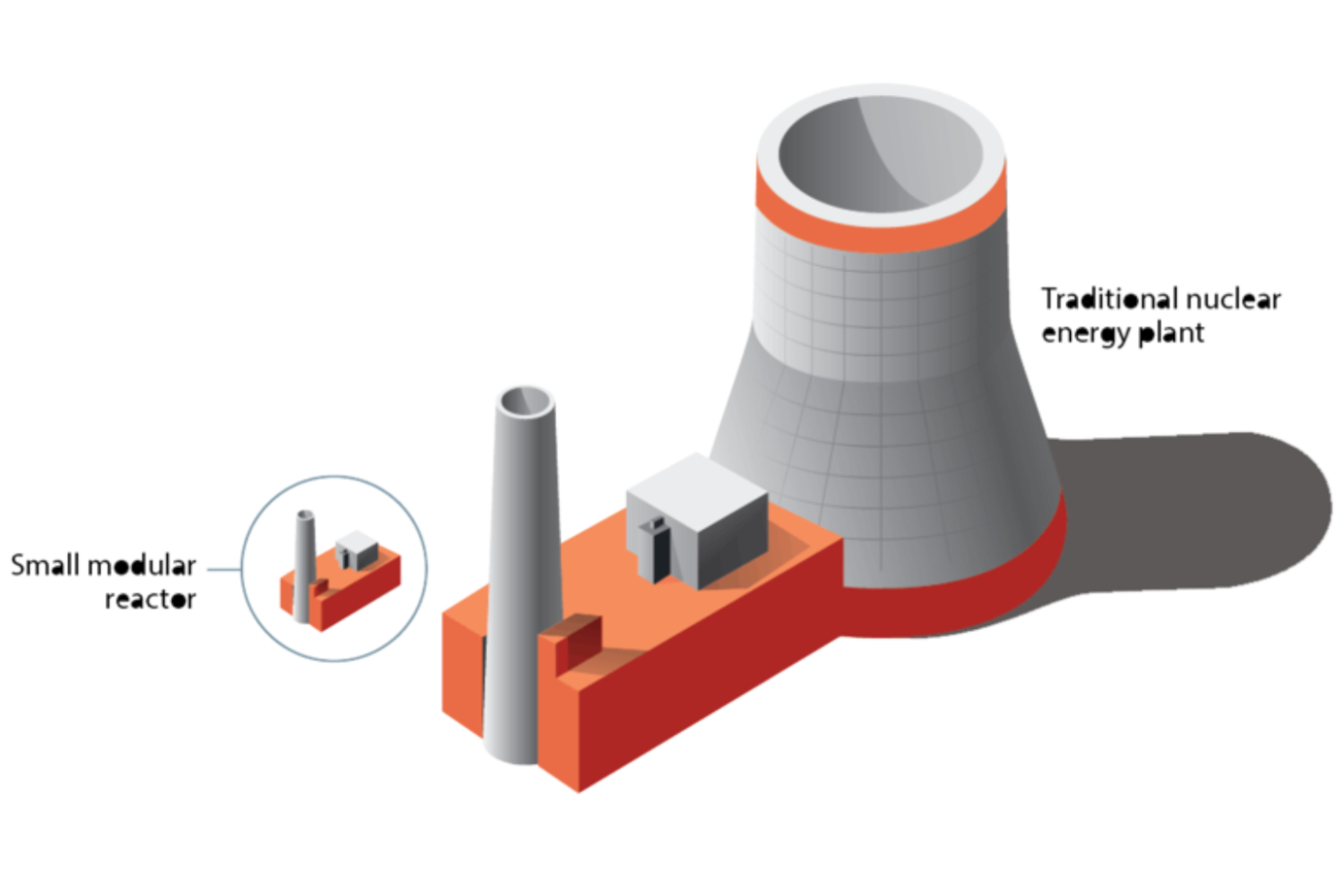Nuclear Innovation: Tech Giants Unite to Power Up Small Reactor Pilot Program

Indiana is on the brink of a potential energy transformation as lawmakers consider groundbreaking legislation that could pave the way for small modular nuclear reactors in the state. Senate Bill 423, which recently cleared a key committee, represents a bold step toward innovative clean energy infrastructure.
The proposed legislation would enable tech companies to explore and potentially develop small modular nuclear reactor technologies, marking a significant shift in Indiana's energy landscape. These compact nuclear reactors promise to deliver reliable, low-carbon electricity with potentially lower construction and operational costs compared to traditional large-scale nuclear power plants.
Proponents argue that the bill could position Indiana at the forefront of emerging nuclear energy technologies, potentially attracting investment and creating new job opportunities in the clean energy sector. However, the proposal also raises questions about the financial implications for Hoosier ratepayers, who might be asked to contribute to the initial development costs.
As the bill continues to move through the legislative process, it has sparked intense debate about the future of energy production in Indiana and the role of nuclear power in the state's broader energy strategy.

